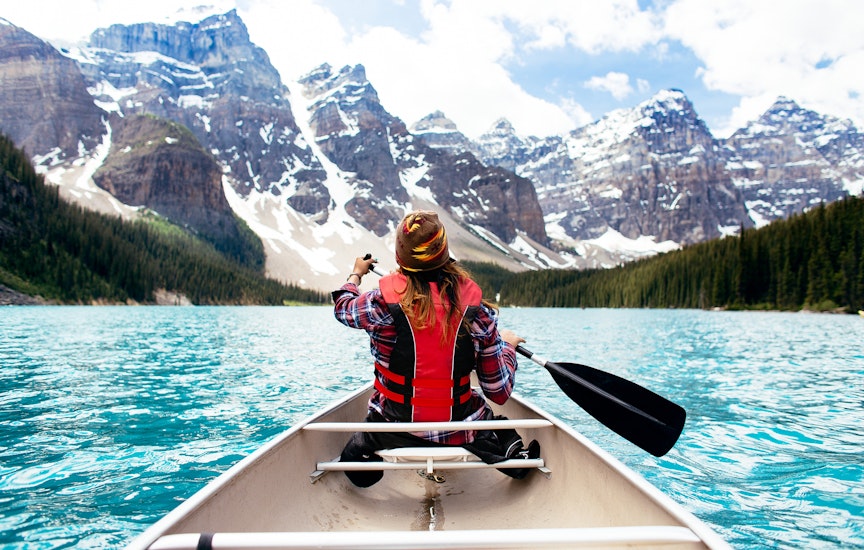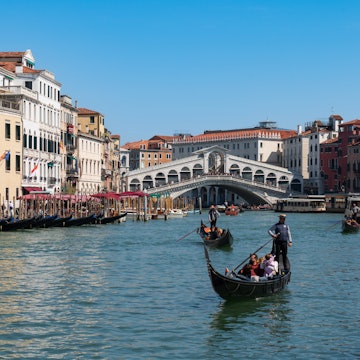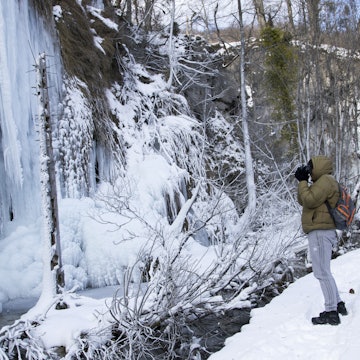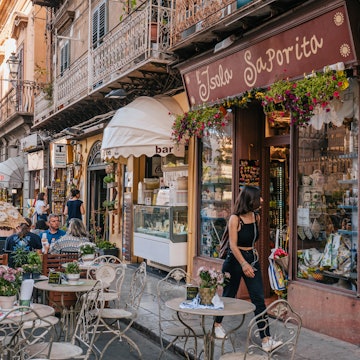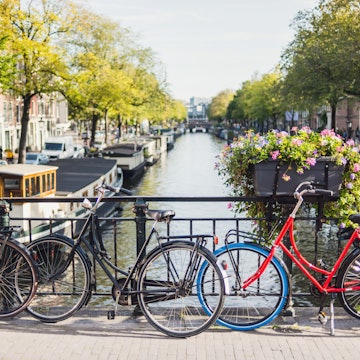

Capilano Suspension Bridge Park in North Vancouver, British Columbia. Pgiam/Getty Images
With its main metro area of Vancouver regularly touted as one of the most expensive cities in the world, British Columbia (BC) might seem like a pricey place to visit. But a trip here doesn’t have to mean exhausted bank accounts and maxed-out credit cards. Savvy planning can cut your costs considerably, especially if you’re willing to swap five-star Fairmont hotels for back-country camping, taxis for urban buses, and gourmet restaurants for – ahem – the occasional Tim Hortons.
Here are a few pointers on visiting BC on a budget.
Daily costs
Mid-range hotel room: $220 (US$162)
Vancouver TransLink one-zone bus-SkyTrain ticket: $3.35 (US$2.47)
Cappuccino: $4.50 (US$3.31)
Over-the-counter sandwich: $11 (US$8.10)
16oz craft beer: $7.25 (US$5.34)
12-inch pizza: from $20 (US$14.72)
Ticket to Vancouver Whitecaps: from $29 (US$21.35)
Gas per liter: $1.55 (US$1.14)
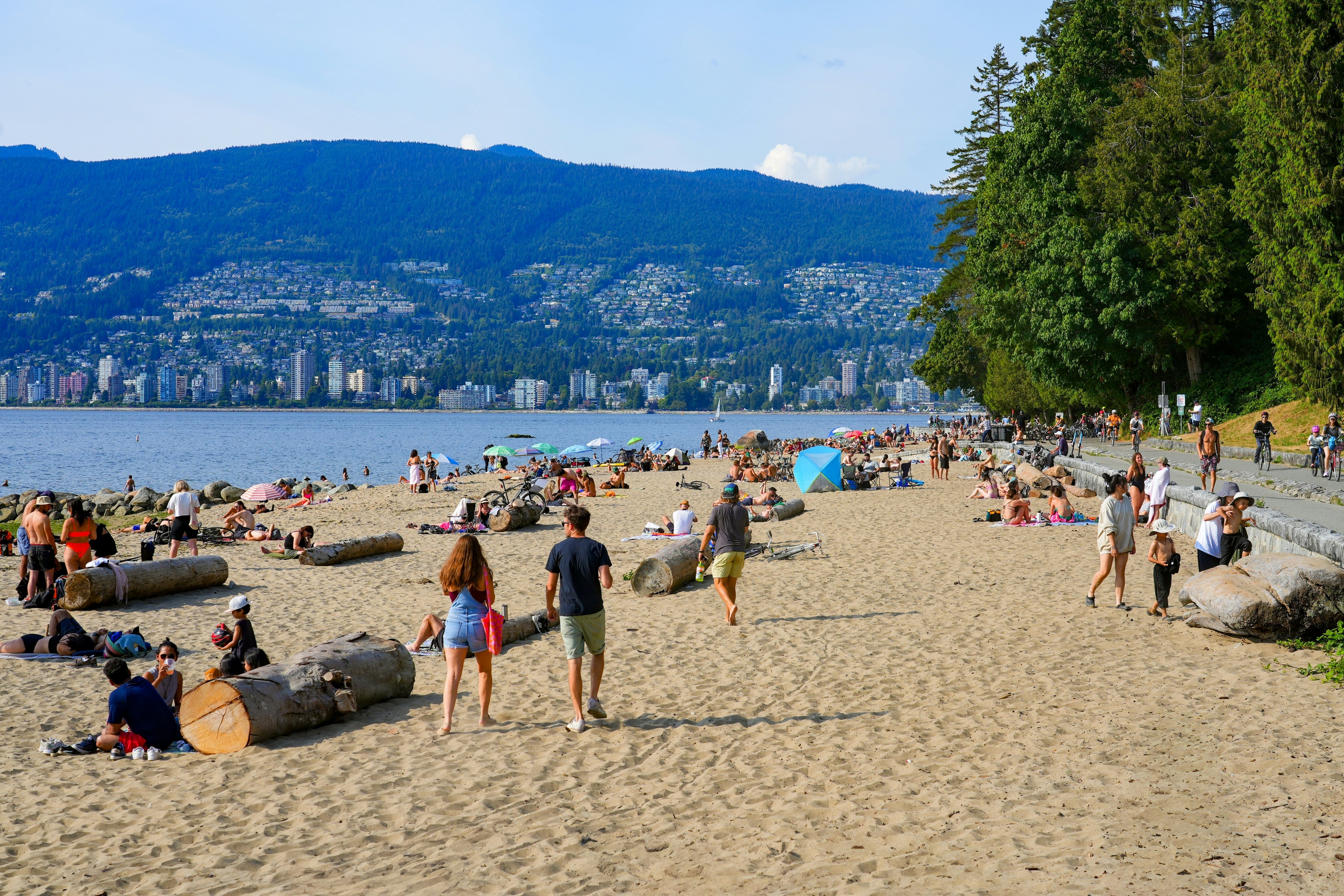
Hit the beach
In addition to being great places to swim and sunbathe, BC’s numerous beaches (Vancouver alone has nine) are great places to people-watch, partake in a barbecue or watch a game of volleyball, a surfing show or a tempestuous winter storm.
Access to beaches is free. Some beaches in provincial parks require a free day pass, available online.
Embrace Mother Nature
Lacking the architecture of Rome or the multifarious museums of London, BC’s trump card is its unadulterated natural world. Navigating your way around it on foot, bicycle, kayak or skis doesn’t have to be inordinately expensive, especially if you forgo organized excursions and sally forth independently.
First, you’ll need to procure the necessary equipment. City bike rentals start at $52 (US$38) per day in Vancouver, while specialized mountain bikes cost significantly more – budget for around $150 (US$109) per day on Vancouver Island. Kayaks and stand-up paddleboards usually go for around $45–$50 (US$33–US$36) for a couple of hours.
For a full-day surfboard and wetsuit package in Tofino, you’re looking at $65 (US$47).
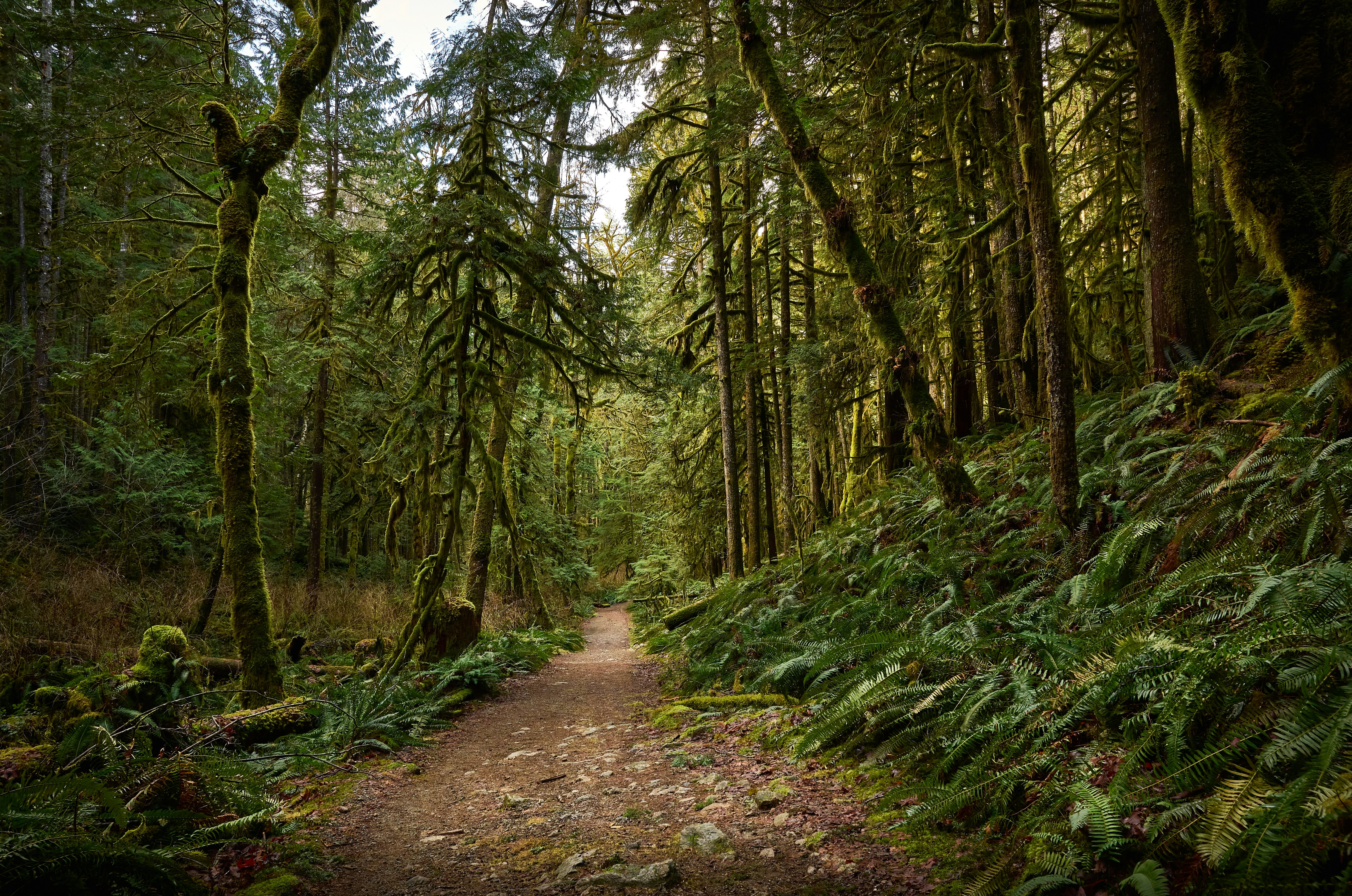
Enjoy the free hiking
Replete with mountains, lakes, valleys and trails, BC is mostly free to roam on foot. Take in the Stanley Park Seawall, climb the Grouse Grind, tackle the Kettle Valley Rail Trail or enjoy multiple paths around Squamish and Whistler, all for free. The 180km Sunshine Coast Trail – Canada’s longest hut-to-hut trek – includes overnight accommodation in 16 volunteer-built sleeping huts, completely free of charge.
Consider camping
Camping – especially backcountry camping – is part of British Columbian folklore, as intrinsic to the culture as agritourism in Italy or gîtes in France.
Once you’ve invested in the equipment, camping fees are relatively cheap. In provincial parks, backcountry camping is usually around $5 (US$4) per night, while front-country camping is between $15 (US$11) and $35 (US$26) per tent plus a $6 (US$4) reservation fee.
BC’s national parks charge $13.50 (US$10) for backcountry camping and between $20 (US$15) and $36 (US$26) for front-country camping with a tent. Factor in a $11.50 (US$8) online reservation fee.
If you arrive without gear, consider renting it from around $90 (US$66) per day for a full package (tent, groundsheet, sleeping mats, folding chairs, cooking gear and utensils). Try Jens Outfitters in Vancouver.
Purchase a Parks Canada Discovery Pass
BC has seven national parks, more than any other Canadian province or territory, along with five national historic sites. If you plan on visiting several of them, save money on fees by purchasing a Parks Canada Discovery Pass. The pass allows multiple entries to any of the sites in one calendar year and costs $75.25 (US$55) per adult or $151.25 (US$110) per family.
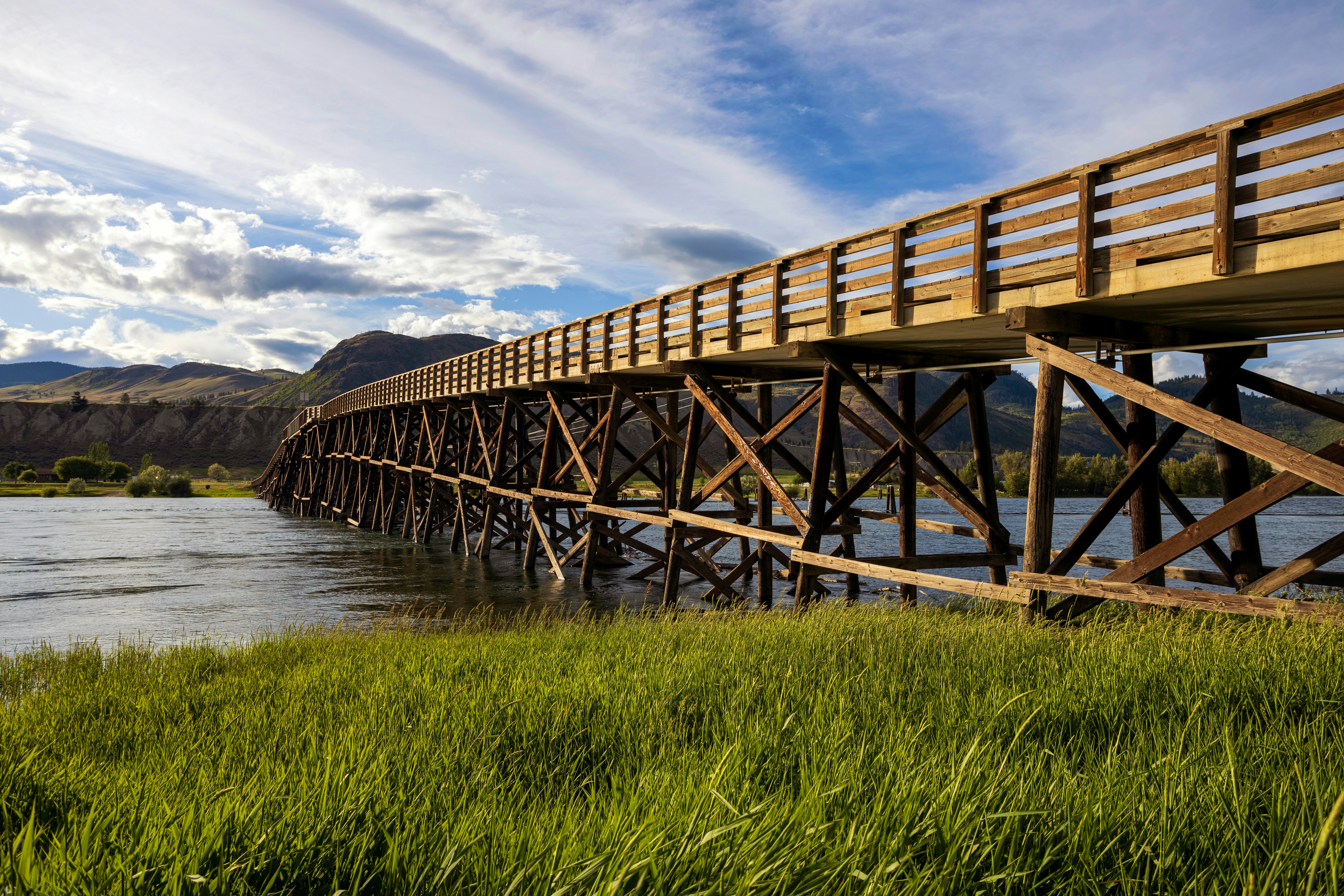
Explore some of the less expensive towns
It stands to reason that in such a geographically large province, some places are less pricey than others. Rather than visiting Whistler in July, try Nanaimo in spring (with its excellent museum and engaging harborside) or Kamloops in autumn (good for fishing, hiking and craft beer). Prince George, the so-called crossroads of the north and a popular overnight stop on the Jasper to Prince Rupert train ride, is considered BC’s most economical city.
Choose cross-country skiing over downhill
Day rates and season passes are notably cheaper for cross-country skiing than they are for downhill skiing – bank on paying less than a third in some cases. Most ski areas in BC, including Cypress Mountain near Vancouver, offer both disciplines. Snowshoeing is even cheaper.
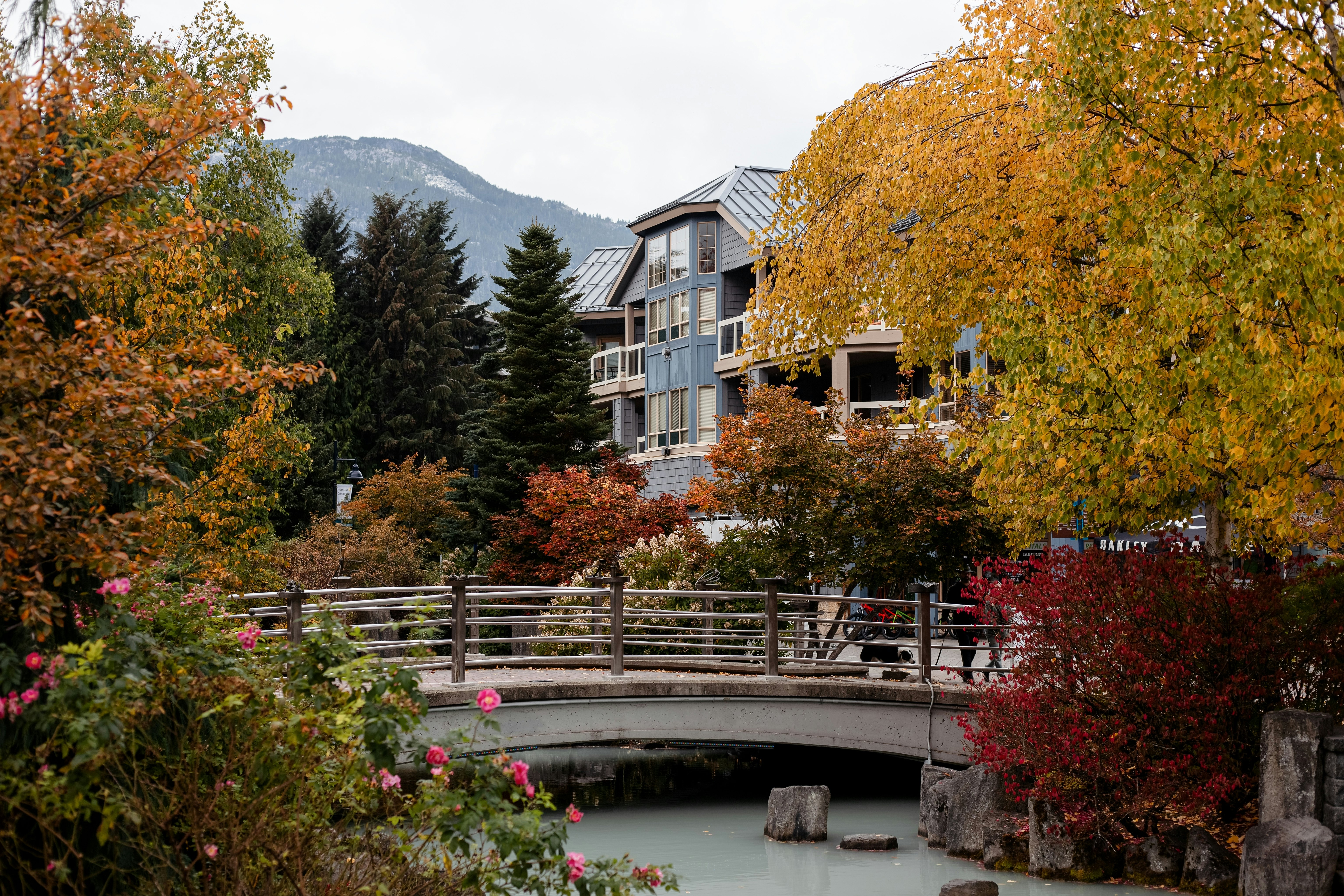
Visit in April or October
Shoulder season is the least expensive time to visit BC for good hotel deals, especially in small adventure towns like Golden and Whistler as they transition between winter and summer activities. Prices can drop by as much as 30 percent.
April is the calm between the end of the ski season and the start of the summer rush. In autumn, as demand falls after the Labor Day weekend, so do hotel prices. While some summer activities cease, it’s still possible to go hiking until around mid-October in coastal BC before the first big snowfalls hit.
Take the bus around town
Urban bus prices are refreshingly economical. Base rates are $3.35 (US$2.40) in Vancouver, $3 (US$2) in Victoria and $2 (US$1.50) in Kamloops. Day passes work out even cheaper.
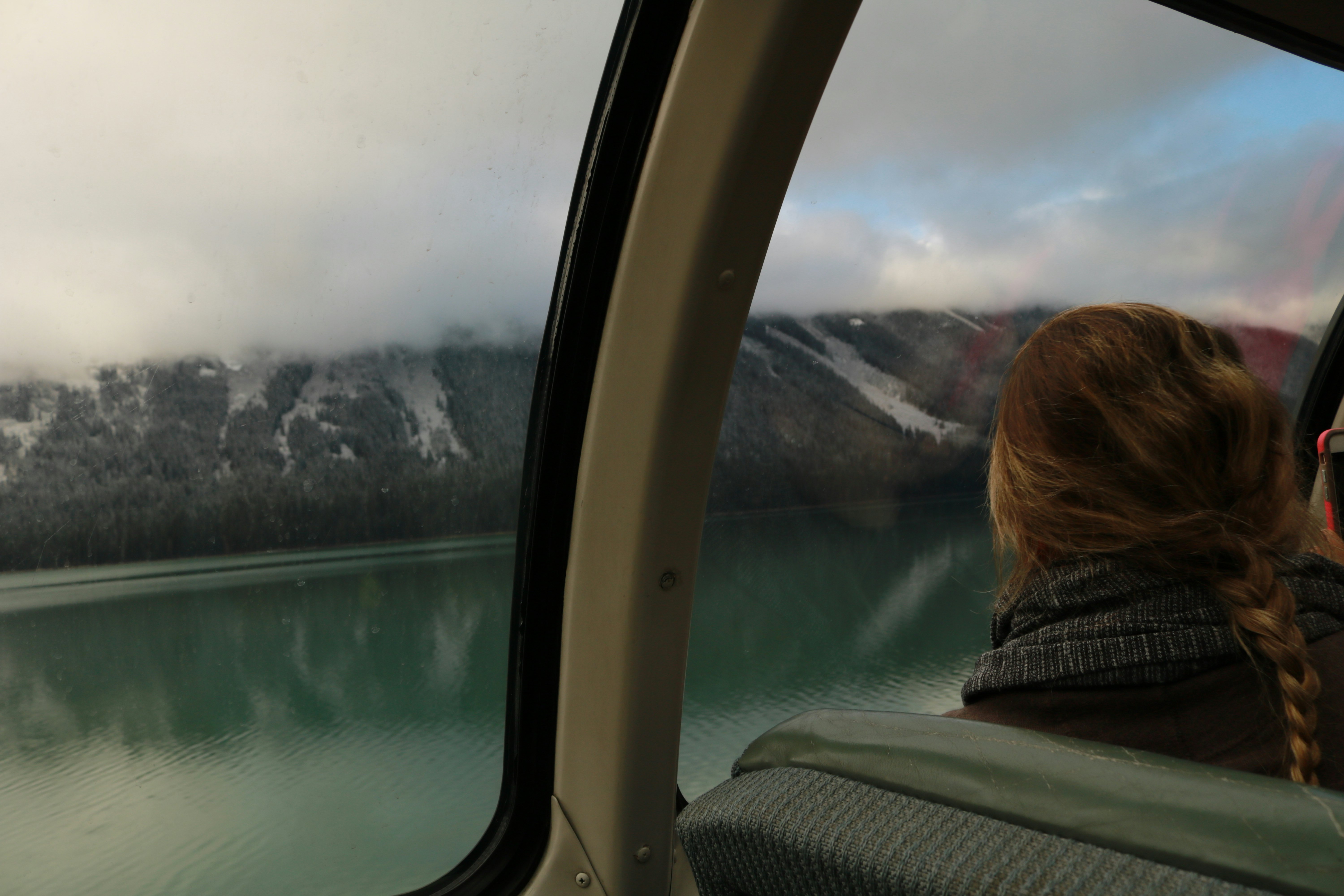
Forsake a sleeper compartment for a seat on an overnight train
Long-distance train travel in BC is surprisingly affordable when you factor in distance, standard of service and quality of scenery. One-way tickets for the 19-hour journey with VIA Rail between Vancouver and Jasper, Alberta, can cost as little as $270 (US$197) in economy which, despite the terminology, offers large comfortable seats that would pass for business class on an airplane.
Sleeper class in a cabin with a private washroom is a different story with prices starting at around $1300 (US$947).
Attend a soccer game
Compared to the UK’s Premier League or other European competitions, attending a soccer game in BC is refreshingly cheap. Tickets for the Vancouver Whitecaps start at around $29 (US$21), and the standard of play in Major League Soccer has risen exponentially in recent years so you're in for a good game.
Travel as a foot passenger or cyclist on BC Ferries
With buses linking to popular ferry terminals in Vancouver and Victoria, you might consider traveling as a foot passenger on BC Ferries rather than taking your car on board. Walk-on fares for the busy Tsawwassen to Swartz Bay route start at $15 (US$11) per person, while cars cost a minimum of $105 (US$77).
Bicycles are free on all ferries.
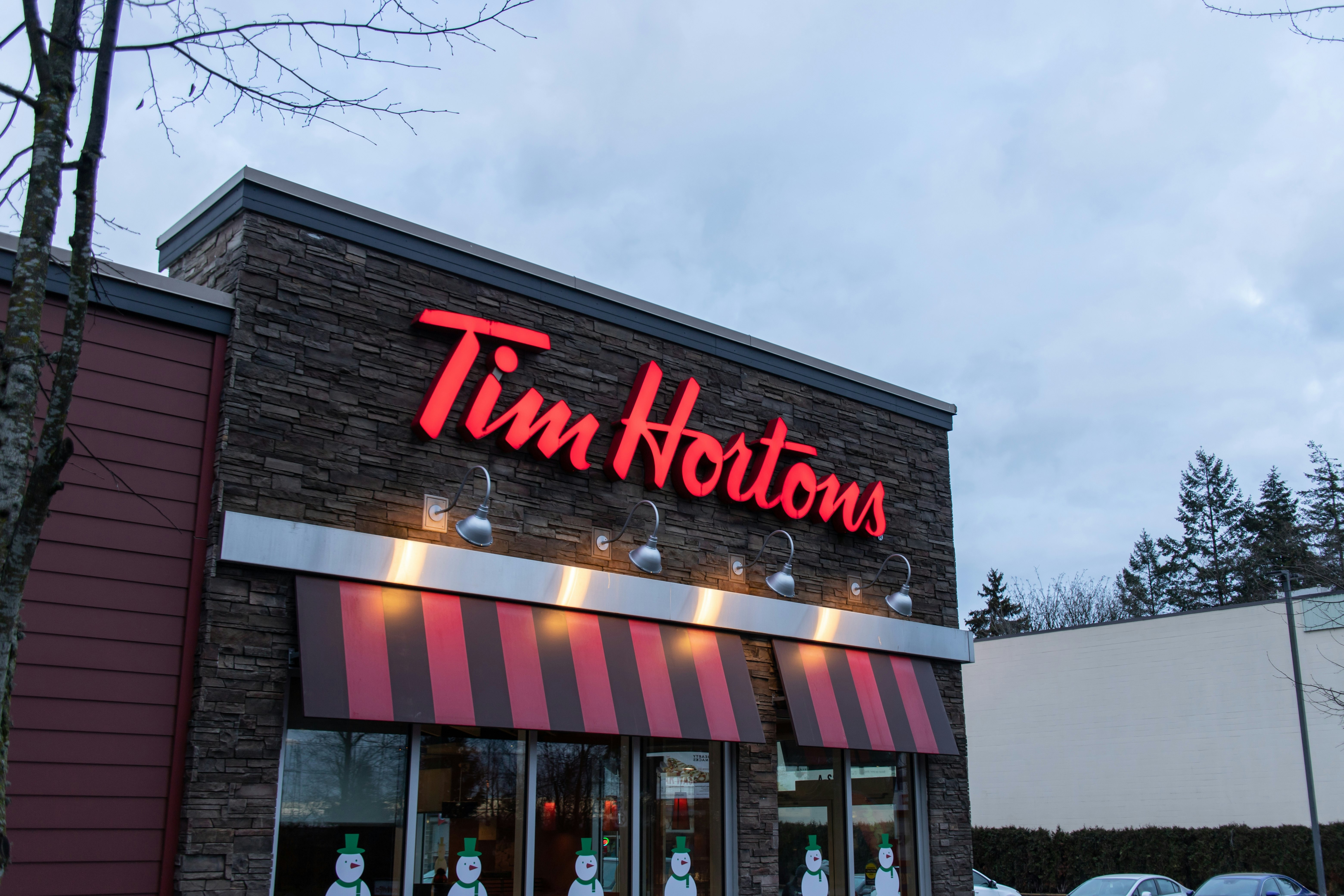
Remember Tim Hortons
Mostly loved and occasionally loathed, Tim Hortons is a Canadian institution. Its ubiquitous cafés, founded on the twin pillars of coffee and doughnuts but more recently widening their scope to embrace sandwiches and other fast-food items, are famously cheap. Despite inflation, a medium-sized Tims coffee (never left to stand for more than 20 minutes) still hasn’t broken $2 (US$1.50). Food items are similarly economical.
Tip in coffee bars if you want
The goalposts have shifted subtly on tipping culture in BC since Covid when many people stopped using cash and started paying by credit or debit card. Almost all card machines in coffee bars and walk-up food joints will now prompt you for a tip – sometimes as much as 30 percent. However, it’s by no means mandatory to pay this sum and you shouldn’t feel compelled to do so.
Use your discretion and tip as you see fit. Most locals stick to the age-old mantra of only tipping for table service and home food deliveries.






